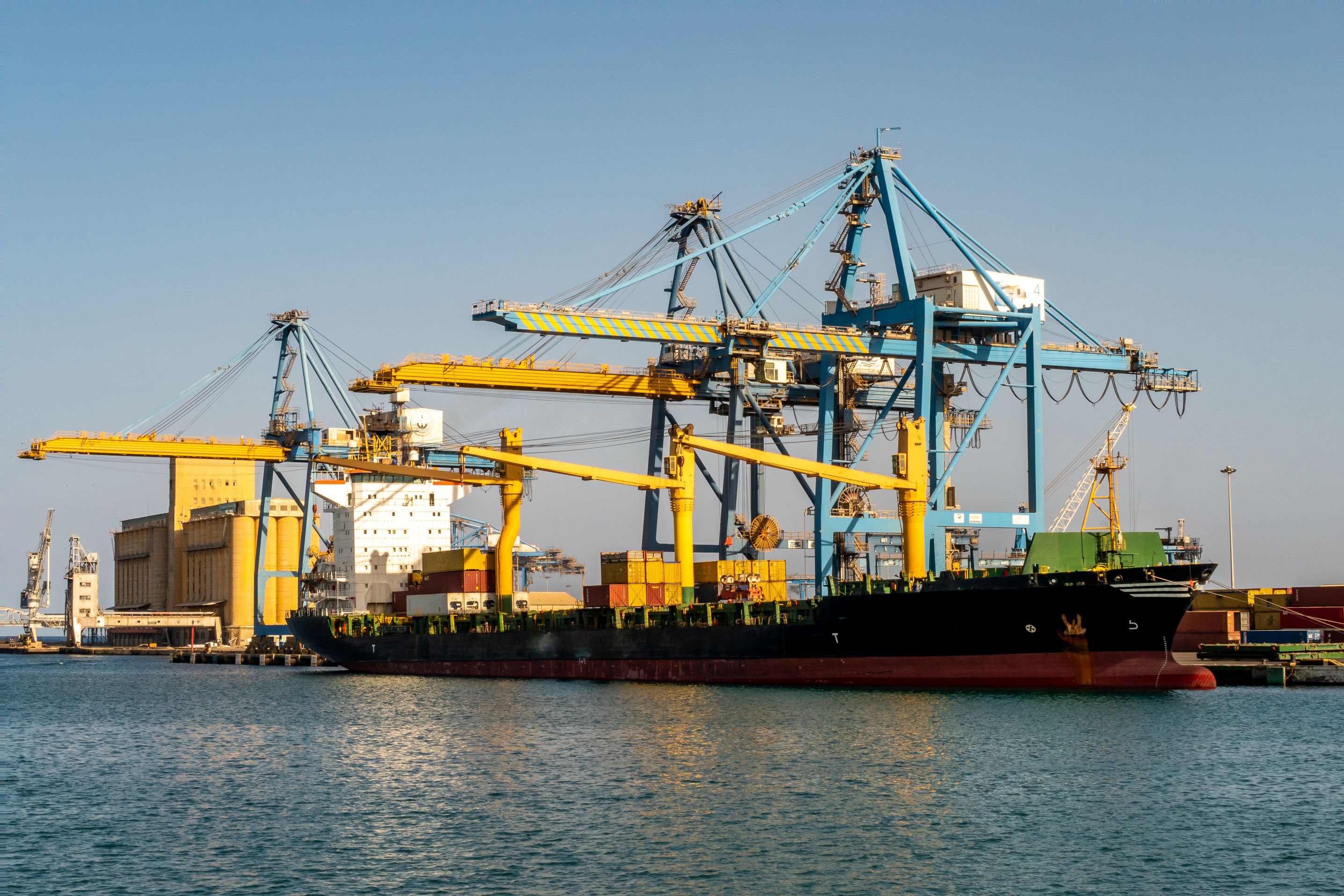
Ongoing conflict in Sudan has caused air and sea freight providers to suspend or modify operations, as supply chain managers look to mitigate disruption caused by the country’s descent into violence.
A fragile peace shattered after power talks between rival generals Abdel Fattah al-Burhan, the country’s de facto leader, and Mohamed Hamdan Dagalo broke down. Sudan has yet to complete a transition to democracy after its previous dictatorship was ousted by widespread public protests.
The Guardian reports that a temporary ceasefire holds but there are fears that this may not be extended beyond today (27 April), although African leaders and US officials are pushing for an extension.
Bookings halted
Maersk said it is exploring solutions to stabilise its supply chain services in Sudan and has shut its offices in the cities of Khartoum and Port Sudan, according to Hellenic Shipping News.
“The current circumstances mean we have stopped taking new bookings until the situation improves,” the carrier said.
Hapag-Lloyd told customers it was stopping bookings from Tuesday (25 April), saying: “Any bookings placed up to this date will be honoured and shipped to Jeddah, Saudi Arabia.”
Shipping rerouted
CMA CGM said it would simply add an “extra risk coverage surcharge” of $500 per twenty foot container for both dry and refrigerated units from Europe, the Middle East and India from 1 May, reports the Loadstar.
Port Sudan is the country’s major gateway on the Red Sea, and oil exports from neighbouring South Sudan are heavily reliant on the port.
However the West P&I Club reported last week (20 April) that roads and bridges around the port were “currently open” and the oil terminal was operating normally.
Regional impact
Analysts have told the North Africa Post that the conflict in Sudan could affect trade in the region given its strategic location on the Red Sea and near the Suez Canal.
Claire Amuhaya, a researcher focusing on development in East Africa, said: “[Sudan] connects important transportation routes for aviation, oil and other [goods]. It needs to be in stable hands to sustain this flow.”
Air connections
Meanwhile, air connections in and out of Sudan are in disarray and most Gulf carriers have halted Sudan services.
Sudan’s airspace is among the largest aviation territories on the continent. Airlines have now either avoided the violence areas – taking on longer routes – or suspended scheduled flights.
Airline Emirates has declared an extended suspension of flight connections to Khartoum, Sudan’s busiest airport, through to 31 May.
Additional premiums
Meanwhile, London insurers have added Sudan to their list of high-risk areas after a meeting of the Lloyd’s and International Underwriting Association’s Joint War Committee.
Shipowners must notify underwriters of any voyages to Sudan, with additional war-risk premiums added, Lloyds List reports.


